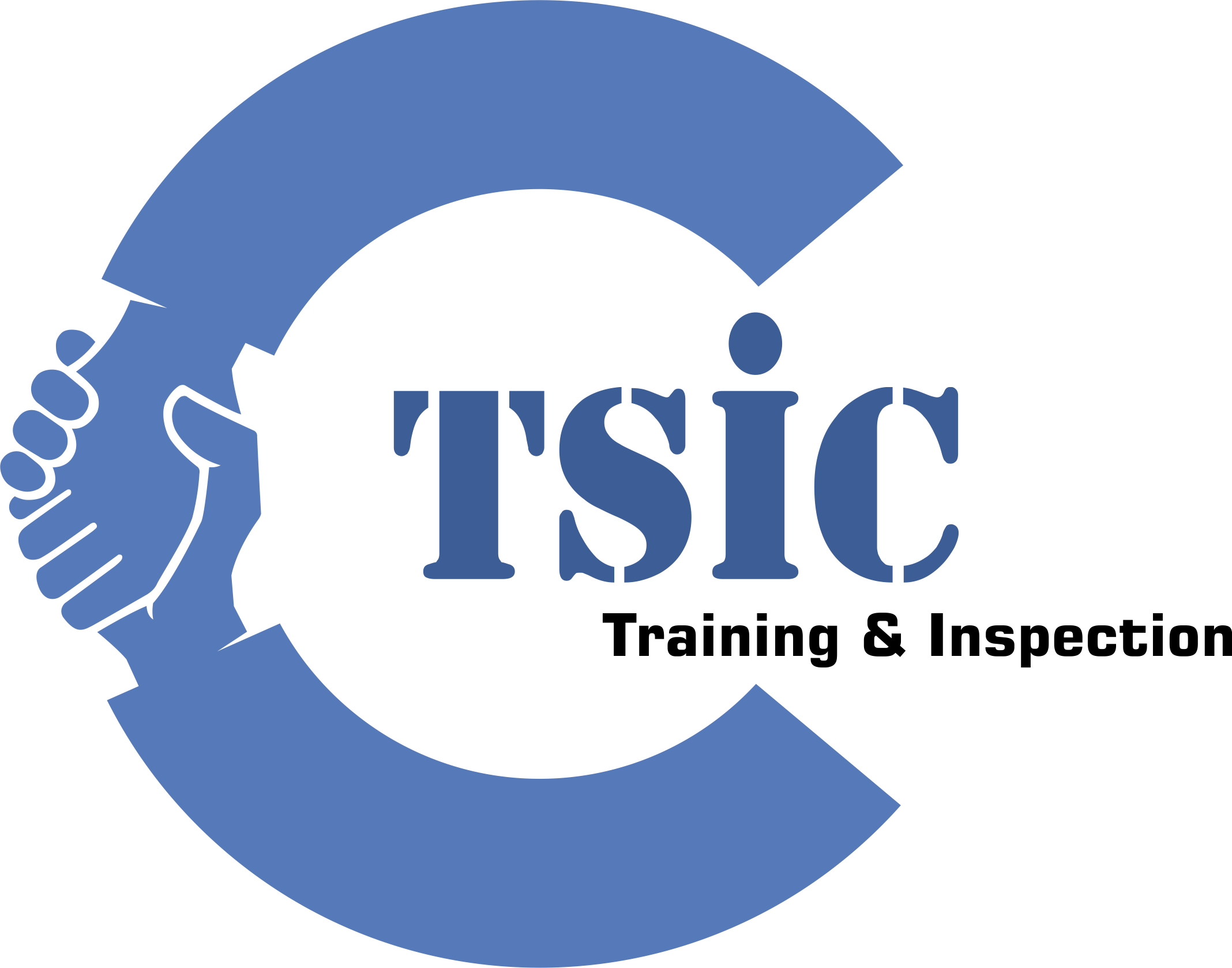This is problematic because even though the substance use has ended, there hasn’t been any inner work done to resolve the internal issues that led to addiction in the first place. Rather than just focusing on abstaining from alcohol, an exhaustive rehabilitation process should be in place. This approach not only addresses the physical dependency on alcohol but also delves deep into the psychological and emotional aspects of addiction. As we navigate through this layered aspect of alcohol use disorder, we’ll uncover its signs and equip you with insights for a comprehensive recovery. Whatever the case may be, being in this chaotic emotional space can be incredibly upsetting and psychologically painful.
- Others, however, will greatly struggle with feelings of anxiety, depression, and anger throughout their recovery.
- During withdrawal, the individual will often experience uncomfortable, flu-like symptoms including fatigue, body pain, headaches, nausea, and sleeplessness.
- One potential challenge involves “dry drunk syndrome,” a slang term that originated in Alcoholics Anonymous (AA).
- Dry Drunk is a term that some people consider to be disrespectful, while others honestly don’t understand the meaning behind it.
You’re not a failure for struggling, and what you’re going through is completely normal. Having compassion and acceptance words yourself will make the early stages of recovery much more bearable easier to get through. What isn’t gone is the difficult emotions and challenging life experiences, as those things are simply part of the human experience.
Is there a COVID surge right now?
The term “dry drunk” was coined by the creator of Alcoholics Anonymous and has since spread to more mainstream use. The colloquial term is used to describe someone who is sober but is still struggling with the emotional and psychological issues that contributed to their drinking. For anyone experiencing unresolved issues that are contributing to dry drunk syndrome symptoms, it might be necessary to seek additional help from an alcohol addiction treatment program. sober alcoholic They tend to occur consistently and can cause relationship strain, difficulties at work or school, and risks of returning to alcohol. Most alcoholics fighting dry drunk syndrome usually experience depressive tendencies and may have a challenging time finding activities they can enjoy sober. This defeatist pattern of thinking is a clear characteristic of dry drunk syndrome, and it is a pattern that can benefit from both individual and group therapy.

The key to avoiding becoming a dry drunk is to recognize that addiction recovery is a process that takes time and effort, likely for the rest of your life. Just stopping drinking is not enough, you have to be engaged in some program of recovery that teaches new coping skills and a different way to live. Getting help for dry drunk syndrome may mean re-engaging in a support group or 12-step program, going to group or individual therapy, or seeking help for underlying psychiatric issues.
Dry Drunk Syndrome
When people are experiencing dry drunk syndrome, they’re often closed off, have many walls up, feel like they need to be defensive, and can be easily irritable. Allowing yourself to be around people who genuinely love you, and letting your guard down around them, can help you feel fully accepted. Connecting with like minded others also offers many benefits, it will help you to feel supported and understood. Overcoming the challenges of dry drunk syndrome often necessitates more than just personal determination and support from loved ones. Professional intervention plays a pivotal role in addressing the underlying issues and equipping individuals with tools and strategies for lasting recovery. Being educated about the potential pitfalls of dry drunk syndrome, and understanding its signs and symptoms, can arm individuals with the tools to recognize if they’re slipping into these patterns.
- The term had its roots in the Alcoholics Anonymous movement and was used as a pejorative term to describe individuals who had quit alcohol but were still behaving like drunks.
- It would not be possible to remove all the stresses in life, but it is possible to develop new tools to deal with these challenges.
